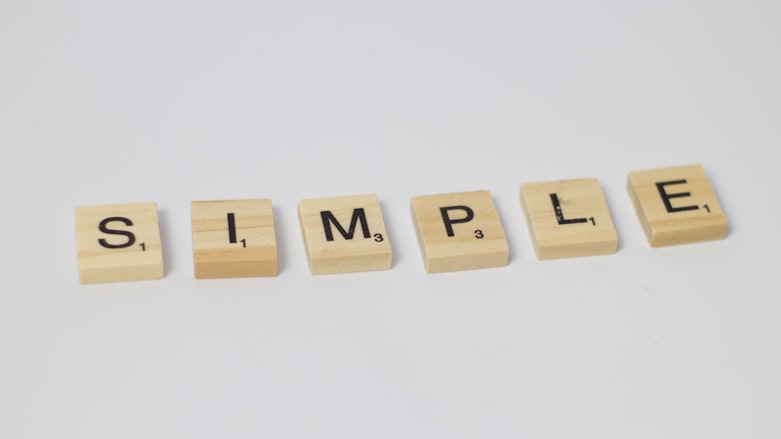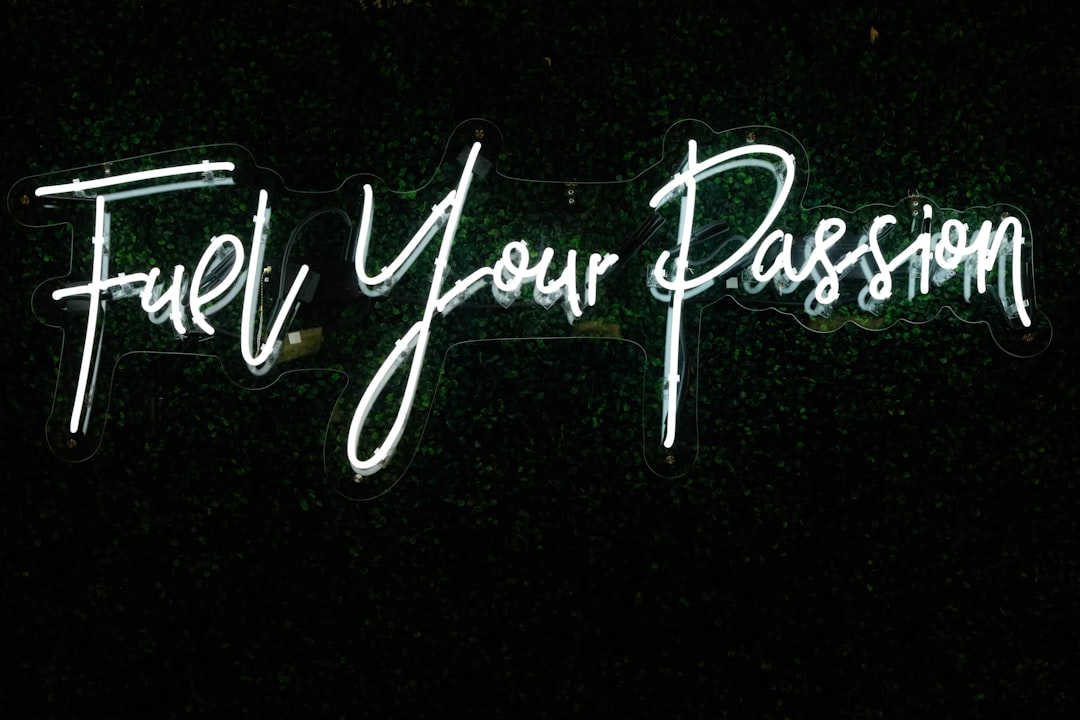We send resumes to the recruiter as a part of a requirement to get selected for a job interview. We all know how important this document is both to the applicant and the recruiter. We also know that without a proper resume or a CV, we won't get par the job application criteria. But how many of us know that the resume is used for other purposes that we know but can't think of. It is used for many other purposes that we unintentionally use it for.
So what are those purposes? We will cover them all in this article.
What is a Resume?
A resume, also loosely known as C.V. or CV or Curriculum Vitae, is the documented version of your life filtered for professional purposes. It is a formally structured draft that includes points regarding your basic information, education, past work experience, projects, skills, and much more. It lengthens as your professional career expands. Job Seekers work extensively on improving it since it is the first official introduction of themselves to the hiring manager. The better your resume is, the more impressed the hiring manager will be, and the job acceptance chance will increase. Every aspiring candidate looking for a job makes a resume, but you need to make such a resume that must stand out from others.
What is the Purpose of a Resume?
Primary Purpose
Let's get this fact straight. Our primary goal for creating a resume is to get employed by landing an interview. If you have a resume, you will have a higher chance of getting a job than those who don't have it. The resume fulfills the purpose of introducing yourself, your qualification, skills, and experience to the employer without you being there with him. The classier and attractive the resume is; it is highly like you will get ahead for the interview phase.

This is all that we think of. But let's explore it in other aspects as well.
Resume Introduces you to your Employer
The recruiter does not know who you are by just knowing your name. He receives thousands or maybe more applications when a job opens up. To filter out the potential candidates, he needs to know you and assess your capabilities for the job. Hence, the resume that you send in email as a reference acts as a brief introduction of yourself that loosely highlights who you are. Why brief? Because the recruiter only skims the resume for a few seconds since he has to review nearly all the resumes to filter out the potential candidates. Therefore, the resume serves the purpose of introducing you to the recruiter without meeting him physically.
A Resume is an easy way to state your Accomplishments
What is the best way to impress someone with your achievements? Add Numbers!

Yep and here is why a resume plays a critical role. You cannot impress someone with numbers verbally… or maybe it might do. However, numbers on a resume are eye-catching and it glorifies your achievements even more. A recruiter will most likely hire you if he sees "I designed a new workflow that increased the productivity by 60%" instead of "I successfully designed a new workflow" OR "The sales of the company's product increased by 75% since I joined the team" instead "I was a part of sales team that bought profits to the company". Eye-catching isn't it? Therefore, quantifying your accomplishments gives the recruiter exactly the information he needs to assess your abilities and capabilities and filter you out for the interview session.
A Resume is a Brief Lookout at your Career
Your resume is the best tool to highlight your previous experience or the career that you have progressed up till now. A recruiter might not log into LinkedIn to see that nor will he wait for you to appear physically to explain the jobs you have performed. The number of jobs you list that you have undergone in the last 10-15 years is enough for the recruiter to assess your qualification. Even if you are not experienced, that brief education history and CGPA will make him judge your candidacy for the job. Remember, your resume is not your biography, so be as brief as possible. Therefore, listing a brief highlight of your education and work experience that is relevant to your job will give a snapshot of your career to the employer.
Resume Lists your Skills and Abilities
This document is a clearer approach, even for yourself, to recognize the potential you possess. Once you start listing down your skills and abilities, there is no way to stop that. But, resumes are short documents, and you need to keep them as relevant as possible. IT is not a brag sheet but it must fulfill the purpose of providing information to your employer regarding the skills you have. So only add the skills and abilities that you think which is relevant to the job. For example: Well versed in Python for a Computer science job. Any skill overstated will smack right back at you since the interviewer will be asking about those skills during the interview. Therefore, don't fail the purpose of your resume and highlight skills to outshine instead of flunking out.
Resume Helps in Record Keeping
This point applies more to the CV than a resume since the former is a more detailed document. For differences between the two, click here.. This document that you create, whether it is the resume or a CV also stands as a record of your career history. In your professional career, whenever you need to look at your previous records to get information, you can always grab the resume or your CV to gain that information. For example, someone asks you in which years were you employed at ABC Firm. You may not the years of service because it might be short-lived, so you can always refer to your resume to check it and then answer the person who asked. It is always better to create a CV through which you can make a resume. The detailed version of the CV helps one better understand their professional journey.
Resume Prepares you for the Interview
You have listed everything that you believe must be there to qualify you for the job and land you to the interview. You can justify those points that is why they are there in your interview, and that is why we stress upon adding the relevant information. If you created the resume yourself, then it is highly likely you can answer nearly any question regarding your educational or professional life.

During the interview, you can easily talk about these things. For example, looking at the previous example, you added "I designed a new workflow that increased the productivity by 60%". If an employer asks about your achievement in the previous jobs, you can easily elaborate upon the point you mentioned. Therefore, creating a resume indeed helps you create the interview. If you got it created by someone else, you might get into trouble.
A Resume Speaks a lot About Yourself Indirectly
There's a reason why a few resumes get filtered out among the entire lot for the interview session. Because the candidate created the resume in such a way that he was able to 'sell' himself in front of the employer. This may sound wrong or irrelevant, but it is what it is.

When an employer picks up the resume paper or looks at the pdf/word document on the computer, he is looking at a stranger. If he is convinced by a document to select the candidate for the next screening process, then it is confirmed that the candidate can communicate well. Not only that but the way the resume is structured and or organized shows how focused the candidate is and pays attention to the important aspects; especially if the resume is tailored, it creates a positive impression about the priority.
What is the Purpose of a Resume even if you have a Job?
We have already discussed the purpose of the resume, and it is broader than just landing a seat at the interview table. However, the employed personnel might be thinking what about them?
A resume may seem like it is must be created for fresh graduates or those professionals who are in the professional world for the past few years. That's not it. Well, the resume is equally important for employed persons who are far into their career as well. Here are some reasons that may help you understand why you have to keep updating your resume and not discard them in the trash bin.
A Resume Helps Obtain a Pay Raise
One can't just storm the boss' office and ask for a pay raise. Once you have achieved a few accomplishments, then you are in a position to request a pay rise. Presenting the recent accomplishments in the company in an organized document will justify the pay raise. The presentation will also defend you proving your qualification against other competitors and might compel your manager to forward your request to company superiors.
A Resume Helps Find New Jobs
Every employee needs a change. There can be many reasons to change job. If you find the right opportunity with an increased pay goes ahead with it. But the new job won't welcome you easily but you may have to undergo some of their requirements; one of which is sending them your resume.

An updated resume with all your recent accomplishments and achievements will work here. Keeping an updated resume is like a ready-to-cook meal. You can send it wherever you want without going into the hassle of updating it at the last moment.
A Resume may Save Your Job
We heard a lot about an increase in the firing rate during the peak COVID-19 crisis. According to pewresearch.org, the COVID-19 outbreak and the economic downturn increased unemployed Americans by more than 14 million between February 2020 to May 2020. This is huge and it happened across the globe and is still happening but at a lower rate. Hence, in this case, keeping your job security is also an important factor.

If the order of firing outcomes, then the manager will look at the profiles of the employees and assess them. He won't be firing those who have the skills, knowledge, and ability to do the job. Hence, if your resume is updated and you outperformed in your job, your job is secured from the mishappening since you will appear as the most qualified.
Conclusion
Well, That's it from our end. If you read the entire article, you will now be familiar with the broader perspective of a resume. You now know that also serves a secondary purpose, and with that knowledge, you will make the most out of it.
Till then, Happy job hunting!
